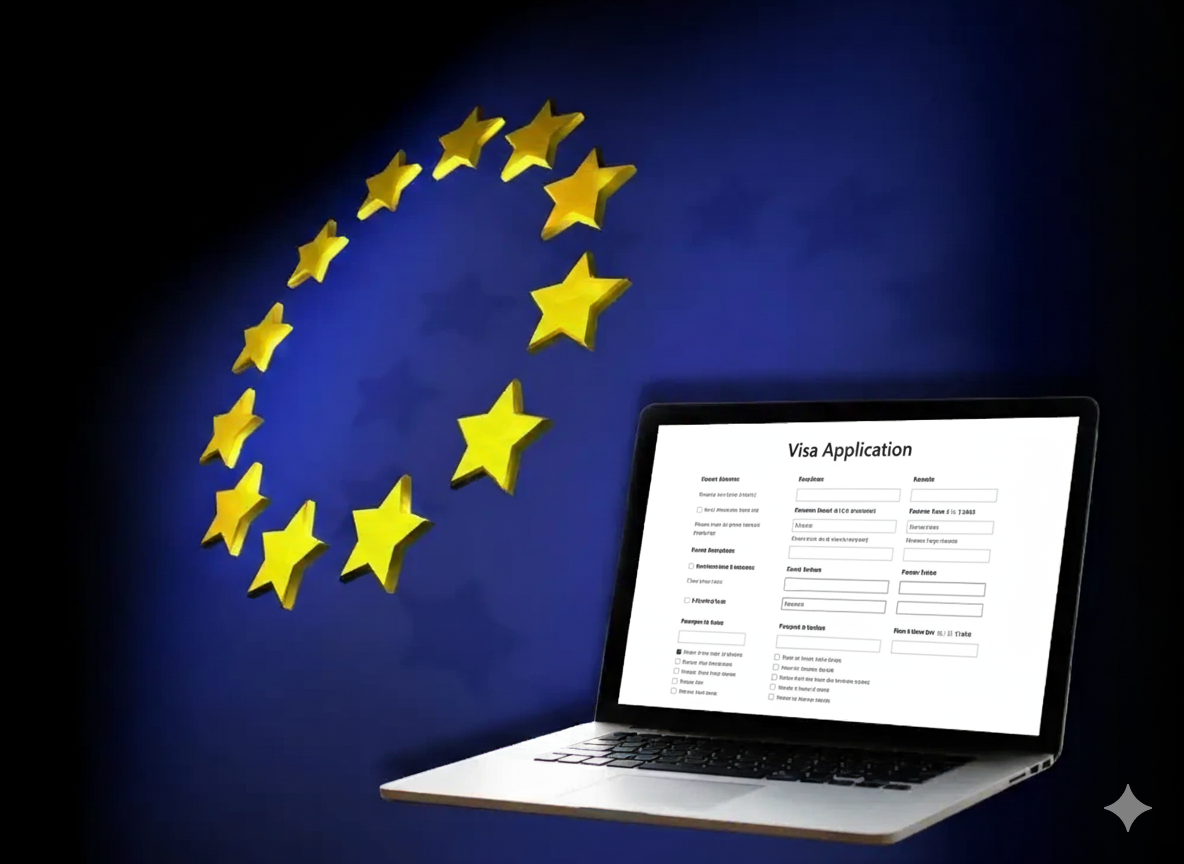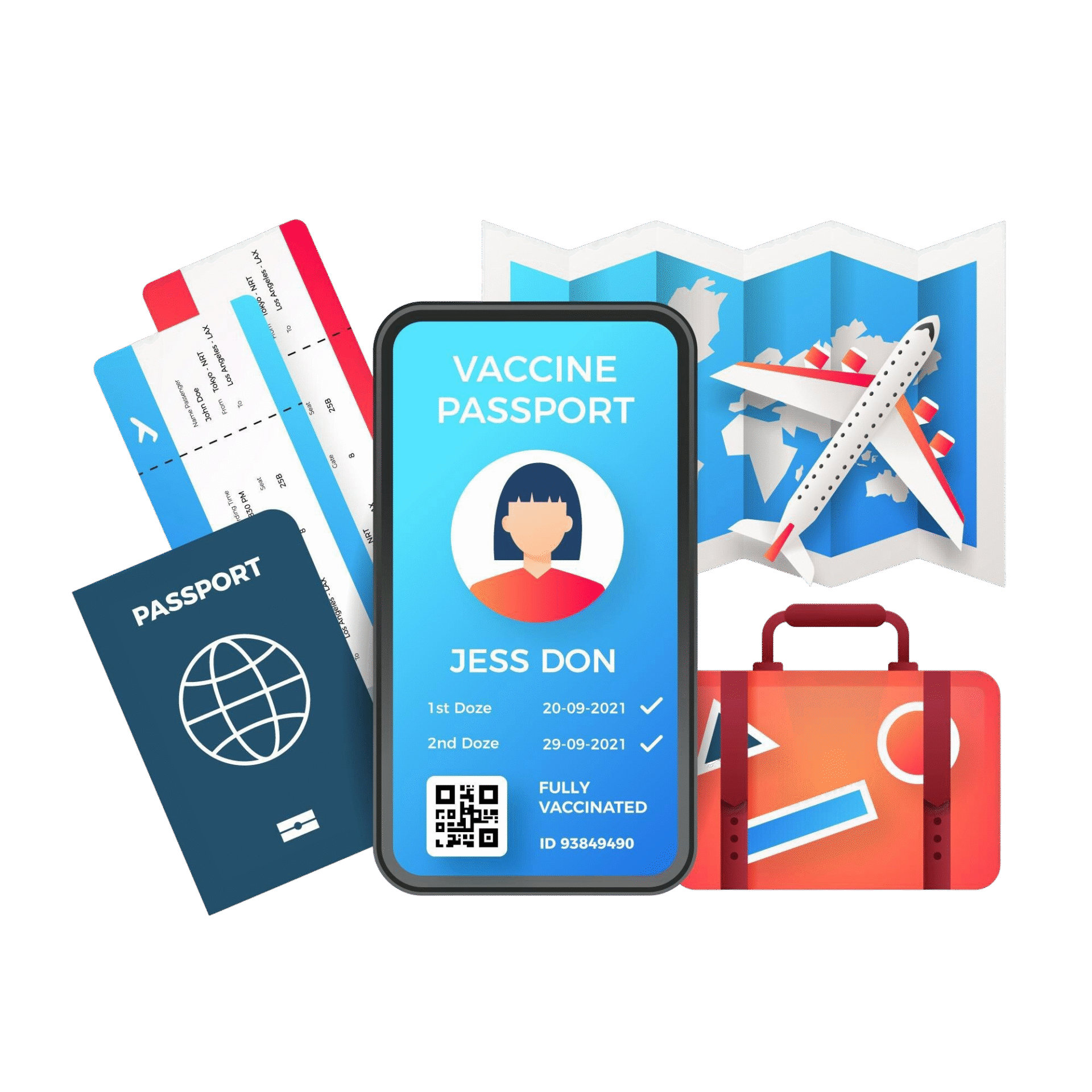Schengen Visa Rejection in Dubai
A Schengen visa refusal can derail your Europe plans, especially when you’ve already booked leave, flights, or hotels. If you’re applying from Dubai or anywhere in the UAE, this guide explains why Schengen tourist or business visas are rejected most often, how to fix weak points, and what you can do next to turn a “no” into a “yes.”
Note: The Schengen Area covers 29 European countries. This article is for UAE residents applying for short‑stay tourism or business (C‑type) visas.
- Schengen Visa Rejection in Dubai
- Eligibility for a Schengen visa for UAE Residents
- Top reasons Schengen visas get rejected for UAE applicants
- 1) Unclear travel purpose or weak itinerary
- 2) Insufficient financial proof
- 3) Inconsistent or unreliable documents
- 4) Wrong consulate (main‑destination rule)
- 5) Travel medical insurance issues
- 6) Passport validity problems
- 7) Prior overstay, alerts, or public‑policy red flags
- 8) Applying too late (or too early)
- 9) Weak UAE ties / risk of non‑return
- 10) Business‑visa gaps
- When Should You Apply for a Schengen Visa in Dubai?
- Types of Schengen visas covered here
- Schengen Visa Requirements
- Documents typically requested
- If your Schengen visa is refused: what next?
- How UrgentSchengen helps UAE travelers
- FAQs
Eligibility for a Schengen visa for UAE Residents
- Emirati citizens: UAE passport holders enjoy short‑stay visa‑free travel (up to 90 days in any 180‑day period) under the EU–UAE short‑stay visa waiver. Business or tourism trips still require standard entry conditions (passport validity, purpose of stay, etc.), but a visa is not required.
- UAE residents (expatriates): Most non‑EU/EEA nationals living in the UAE need a Schengen visa for short stays. Where you apply depends on your main destination (the country where you’ll spend the most time; if equal, then first country of entry) and you must apply where you are legally resident (the UAE).
- Timing: Apply no earlier than 6 months before travel and no later than 15 calendar days before your trip. In practice, apply as early as feasible, especially in peak seasons.

Top reasons Schengen visas get rejected for UAE applicants
Below are the refusal triggers we most often see for tourist and business applications lodged from Dubai/Abu Dhabi.
1) Unclear travel purpose or weak itinerary
If your plans are vague, unsupported, or inconsistent (for example, claiming a conference without registration, or stating “tourism” with no realistic route), officers may deem the purpose unproven—an explicit refusal ground. Strengthen with confirmations, day‑by‑day plans, and evidence aligned to the visa type.
2) Insufficient financial proof
You must show enough means to cover your stay and return. Mismatches between salary letters and bank flows, sudden cash deposits, or low balances can trigger concerns and a refusal for insufficient means. Provide clear, consistent bank history and explain sponsorships where applicable.
3) Inconsistent or unreliable documents
Embassies can refuse if they doubt the authenticity or truthfulness of your supporting papers—think unverifiable hotel bookings, altered bank statements, or contradictory employment letters.
4) Wrong consulate (main‑destination rule)
Applying to Country A while spending most nights in Country B, or having equal nights but applying to a country that is not your first entry, risks rejection or file transfer. Always apply to the consulate of your longest stay (or first entry if stays are equal) and from your country of residence (the UAE).
5) Travel medical insurance issues
Schengen travel medical insurance must cover the entire stay across all Schengen countries and include emergency medical care, hospitalization, and repatriation. Policies that miss these basics—or don’t match the travel dates—are classic refusal traps.
6) Passport validity problems
A passport that expires too soon (less than three months after your planned departure from the Schengen Area) or has too few blank pages can lead to refusal.
7) Prior overstay, alerts, or public‑policy red flags
Past overstays, entry bans, or security flags in European systems can lead to refusal. With Europe’s Entry/Exit System (EES) launching on 12 October 2025 to digitally record all non‑EU entries/exits, overstays will be tracked with more precision—making “it wasn’t stamped” arguments obsolete.
8) Applying too late (or too early)
Applications filed inside 15 calendar days before travel risk missing the processing window; filing earlier than 6 months is not permitted. Both can lead to refusal or non‑admissibility.
9) Weak UAE ties / risk of non‑return
If your profile doesn’t show strong reasons to return to the UAE (stable job, ongoing studies, business ownership, family commitments, property lease), officers may doubt your intention to leave the Schengen Area. Address this with concrete, up‑to‑date evidence.
10) Business‑visa gaps
For meetings, fairs, or training, missing an invitation letter on company letterhead, unclear sponsorship of costs, or no proof of the commercial relationship can prompt refusal (purpose not justified).
When Should You Apply for a Schengen Visa in Dubai?
- Build a credible itinerary: Realistic travel dates, cities, and route. Align flights, hotels, and daily plans with your purpose (tourism vs. business).
- Get compliant insurance: One policy covering all Schengen states for your full stay, including emergency medical care, hospitalization, and repatriation.
- Prove funds clearly: Provide recent bank statements that reflect your employment and salary pattern; explain sponsorships with supporting documents.
- Document ties to the UAE: Active employment letter/NOC, valid UAE residence, tenancy or property evidence, dependent family, business trade license if applicable.
- Match consulate and route: Apply to the main‑destination country (or first entry if nights are equal) and from the UAE as your place of legal residence.
- Submit a strong cover letter: Summarize purpose, route, funding, ties, and any previous visa history in plain language.
- For business trips: Include the invitation (with dates, address, contact), proof of relationship, and who covers costs.
- Double‑check passport and photos: Validity and ICAO‑compliant photo specs.
- Apply early: Don’t cut it close to the 15‑day minimum, especially in school holidays or Eid breaks when slots fill quickly.
Types of Schengen visas covered here
- Tourist (C‑type) short‑stay: single, double, or multiple entry, up to 90 days in any 180‑day period.
- Business (C‑type) short‑stay: meetings, fairs, training with proper invitations.
Schengen Visa Requirements
- Clear purpose and itinerary consistent with dates and bookings.
- Adequate funds for the stay and return.
- Valid passport (three months beyond your planned Schengen departure).
- Travel medical insurance meeting Schengen criteria for the entire trip.
- Evidence of accommodation and onward/return travel.
- Proof of strong ties to the UAE and intention to return.
Documents typically requested
- Completed short‑stay visa form and ICAO‑compliant photo.
- Passport (plus copies) meeting the validity rules.
- Flight and hotel bookings (or invitation and host details).
- Travel medical insurance covering all Schengen states and full trip duration.
- Recent bank statements and employment documents (or business proof for owners).
- For business: invitation letter, fair registration, company trade license/relationship proof.
- For minors: consent letters and birth certificate copies (if applicable).
How to apply (from Dubai/Abu Dhabi)
- Decide your main destination (longest stay) or first entry if stays are equal.
- Gather documents and align them with your purpose (tourist or business).
- Book an appointment through the application channel designated by the relevant consulate.
- Attend biometrics and submit your file.
- Wait for a decision; respond promptly to any request for additional documents.
- Collect your passport and check visa details carefully.
Processing time
Most short‑stay applications are decided in about 15 calendar days after submission; complex cases can legally take up to 45 days. In peak periods, allow extra time and apply early (up to 6 months in advance).
Visa fees
Visa fees can change. Contact us for the latest details and guidance on any applicable service charges or exemptions.
If your Schengen visa is refused: what next?
- Read the refusal letter: It cites the legal basis and ticked reasons (for example, purpose not justified, insufficient means, insurance not adequate, prior alert).
- Appeal or reapply: You have a right to appeal within the stated deadline to the authority indicated by the Member State that refused your application. If the issues are straightforward (for example, missing document), a clean re‑application can be faster than a legal appeal.
- Fix the root cause: Address the exact refusal ground with stronger, consistent evidence (for example, proper invitation, compliant insurance, clearer itinerary, better proof of funds/ties).
- Keep a paper trail: Include a concise cover letter referencing the refusal and how you’ve remedied each point.
How UrgentSchengen helps UAE travelers
- File review and risk scoring before you apply
- Purpose‑driven document strategy (tourist vs. business)
- Schengen‑compliant travel insurance guidance
- Persuasive cover letters and itinerary curation
- Re‑application and appeal support tailored to the refusing Member State
Get a free pre‑assessment of your case and a checklist customized to your itinerary and profile.
Final Thoughts
Most refusals are preventable with a precise, consistent file: a clear purpose, compliant insurance, solid funding proof, and strong UAE ties. If you’ve been refused or you simply want to get it right the first time, UrgentSchengen can help you rebuild your case with confidence.
FAQs
Does a refusal in one Schengen country affect others?
Yes. All Schengen consulates apply the same common rules, and your previous refusal is visible in shared visa systems. A new application must directly address the earlier concerns.
How soon can I reapply after a refusal?
There’s no universal waiting period. You can reapply once you’ve corrected the refusal reasons and strengthened your documents. If you intend to appeal instead, follow the deadline on your refusal form.
Is it better to appeal or reapply?
It depends on the reason. Procedural or documentary gaps often favor re‑application with stronger evidence. Substantive disagreements (for example, risk assessment) may warrant an appeal within the stated deadline to the competent authority named in your refusal.
Will EES (from Oct 12, 2025) cause rejections?
EES itself doesn’t decide visas. But because it digitally records entry/exit for non‑EU travelers, it will make overstays unmistakable—something that can weigh against future visa decisions.
Do I need fully paid tickets and hotels before applying?
Use reservations that reflect real plans. Avoid non‑refundable purchases until a decision is made unless your consulate specifically requires them.



